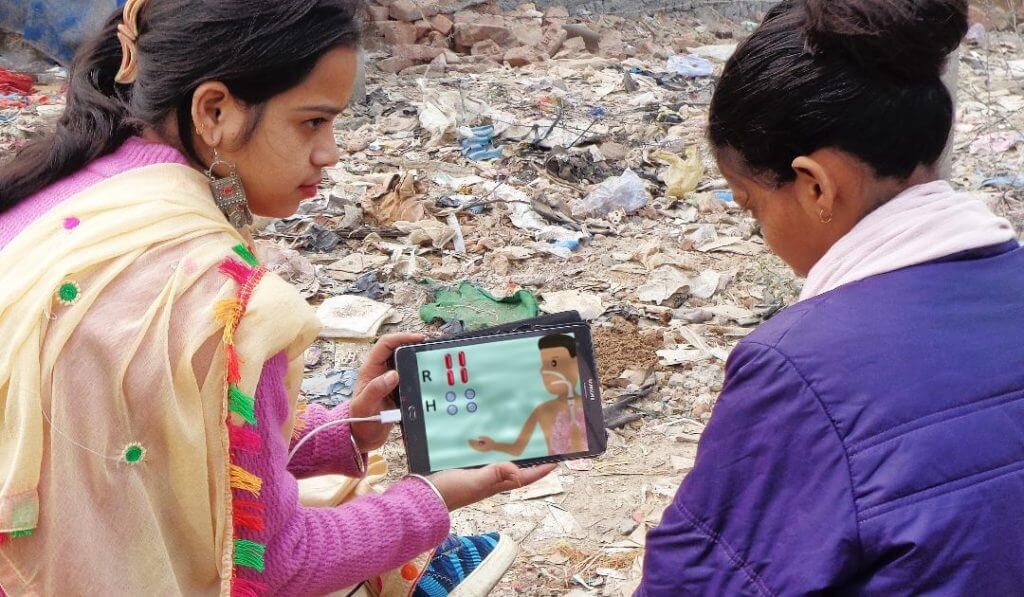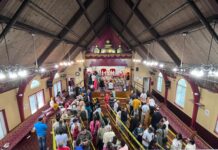Sandeep Ahuja
CHICAGO: While the entire world is overwhelmed by the terrible impact of the COVID-19 pandemic, the Indian Prime Minister was quick to mandate a lockdown for the entire country. This has saved a huge number of lives.
Operation ASHA has been quick to adapt to the new reality. First, it provided masks and sanitizers to its entire staff, then replaced active case finding with rigorous telephonic advice and collaboration with diagnostic labs. This helped arrest the massive decline that was expected in the enrolment of new patients.
In keeping with the Government’s directive, supervised doses have been temporarily discontinued. However, a strict and rigorous regimen of daily phone calls by workers, quality auditors and expert counselors is ensuring continuous treatment. None of our patients have stopped taking medication. This has kept drug-resistant TB at bay.
Undoubtedly, the lockdown has led to loss of wages for many of OP-ASHA patients or their family members. Fortunately, disaster management agencies were quick to take up the challenge. This is praiseworthy, though some gaps remained. For example, patients ran out of money for soap, a critical need to prevent COVID-19. There was no money for phone top-ups, so families could not remain in contact. This exacerbated the psychological impact of the lockdown.
Operation ASHA was able to meet these challenges successfully, for nearly 12,600 families. This includes nearly 2,200 families of TB patients, 400 families of MDR-TB patients spread over 5 cities and 10,000 disadvantaged migrant families. The counselors call patients regularly to provide psychological support. Every family that was needy out of the 12,600 families has been provided funds for breakfast, rent, soap and phone top-ups. The amounts given are tiny, but life-changing. It also prevented migration of these families and patients to villages. Following short video explains the impactfully.
This has prevented many dropouts and generation of drug resistance among patients both in the short and long term. Support for this initiative was provided by a new donor, Soondra Foundation based out of Chicago. It is led by Dr. Gayatri Mathur, who started her career in Mumbai, then moved to Sydney and Chicago. The Soondra Foundation (www.soondra.org) has been incubated at The University of Chicago’s Polsky Exchange.
These challenges may only grow, going forward. For example, migrant laborers are returning to their States. This is likely to include TB patients. It is important to be vigilant and ensure no one suffers. There is a need to send medicines by courier, pay for tests in private labs, apart from rigorous telephonic follow up, so no one drops out of treatment. In short, OP- ASHA will stand by the patients, families and communities and continue its rigorous work in these trying times.







